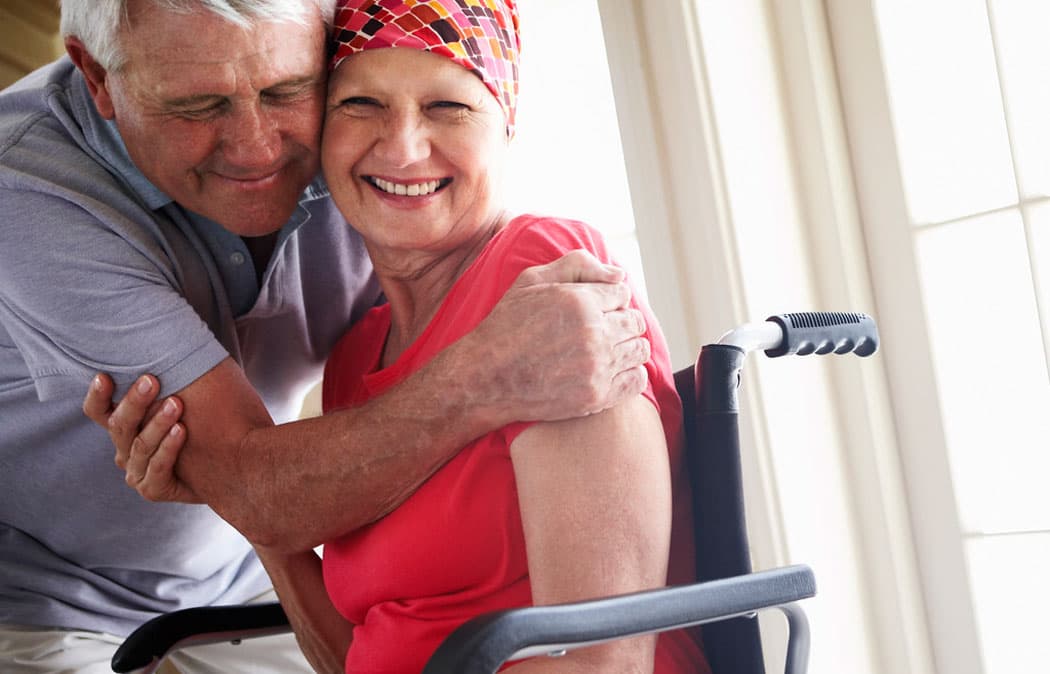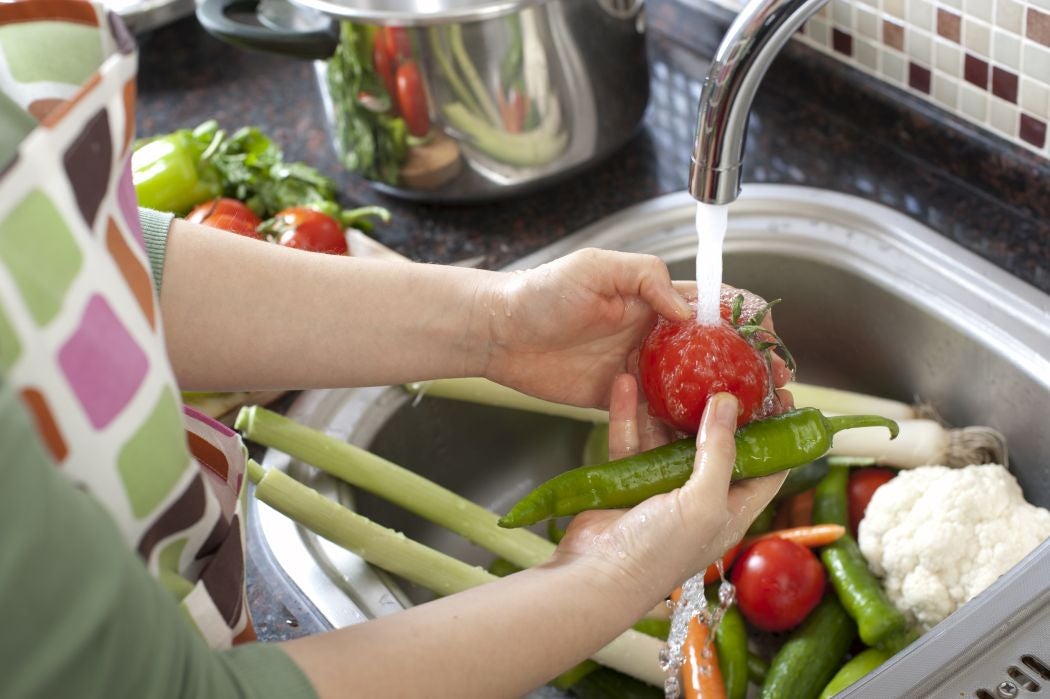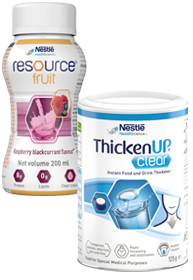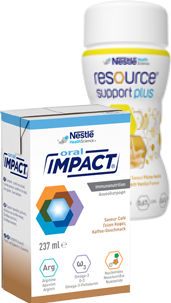How to Cope with Muscle Loss

Muscle loss can occur with the rapid weight loss sometimes experienced during cancer treatment. It can also occur with decrease in normal activity while undergoing treatment. Loss of muscle can make it difficult to get around and do the things you enjoy. In addition, it can be hard to rebuild muscle once lost so prevention of further muscle loss is key to maintaining your strength. Here are some ideas to prevent further muscle loss and help you regain your strength.
Eat Plenty of Protein
- Protein provides the building blocks of the tissues and muscles in your body.
- During cancer treatment your body needs more protein than normal.
- High protein foods include chicken, fish, beef, pork, eggs, milk, cheese, yogurt, cottage cheese, nuts, and beans.
- Make sure each meal or snack contains a food high in protein. Refer to “Snacking” for high protein snack options.
- If you are having trouble getting enough protein from foods consider adding an oral nutrition supplement or using a protein powder.
Stop Weight Loss
- Focus on maintaining your weight by eating small frequent high calorie and protein meals.
- Muscle loss can make everyday activities like preparing meals harder. Ask for help from friends and family and keep ready-made and easy-to-prepare items on hand for quick meals.
- If you are experiencing decreased appetite or desire to eat, refer to “How to Cope with a Poor Appetite”.
Stay Active
- Try to maintain your normal exercise routine as able. If you are not currently exercising, start gradually with just a few minutes of light exercise at a time.
- Daily activities such as getting the newspaper, watering plants, or folding laundry can help maintain muscle.
- Be sure to talk to your doctor before starting to lift heavy weights especially after surgery. If you have lost strength and stamina, talk to your doctor about referral to a physical therapist.
Know more about the subject

How Cancer Patients Can Benefit from Exercising
Exercising according to medical advice is great for patients’ rehabilitation and well-being

Psycho-Oncology’s Help on Patients’ Professional and Social Life
Therapeutic strategies allow facing the challenges of moving forward

How to Cope with Trouble Chewing and Swallowing

The Cancer Patient’s Caregiver May Need Help Too
There are several options of intervention that can bring positive results for both the caregiver and the patient. 2

Tips for Safely Preparing Food for Cancer Patients
Carefully choosing items and keeping a good hygiene when preparing meals are essential to avoid contamination.

The Importance of Caregivers for Those Undergoing Cancer Treatment
With treatments’ side effects, caregivers can help in everyday chores and keep patients safe.



